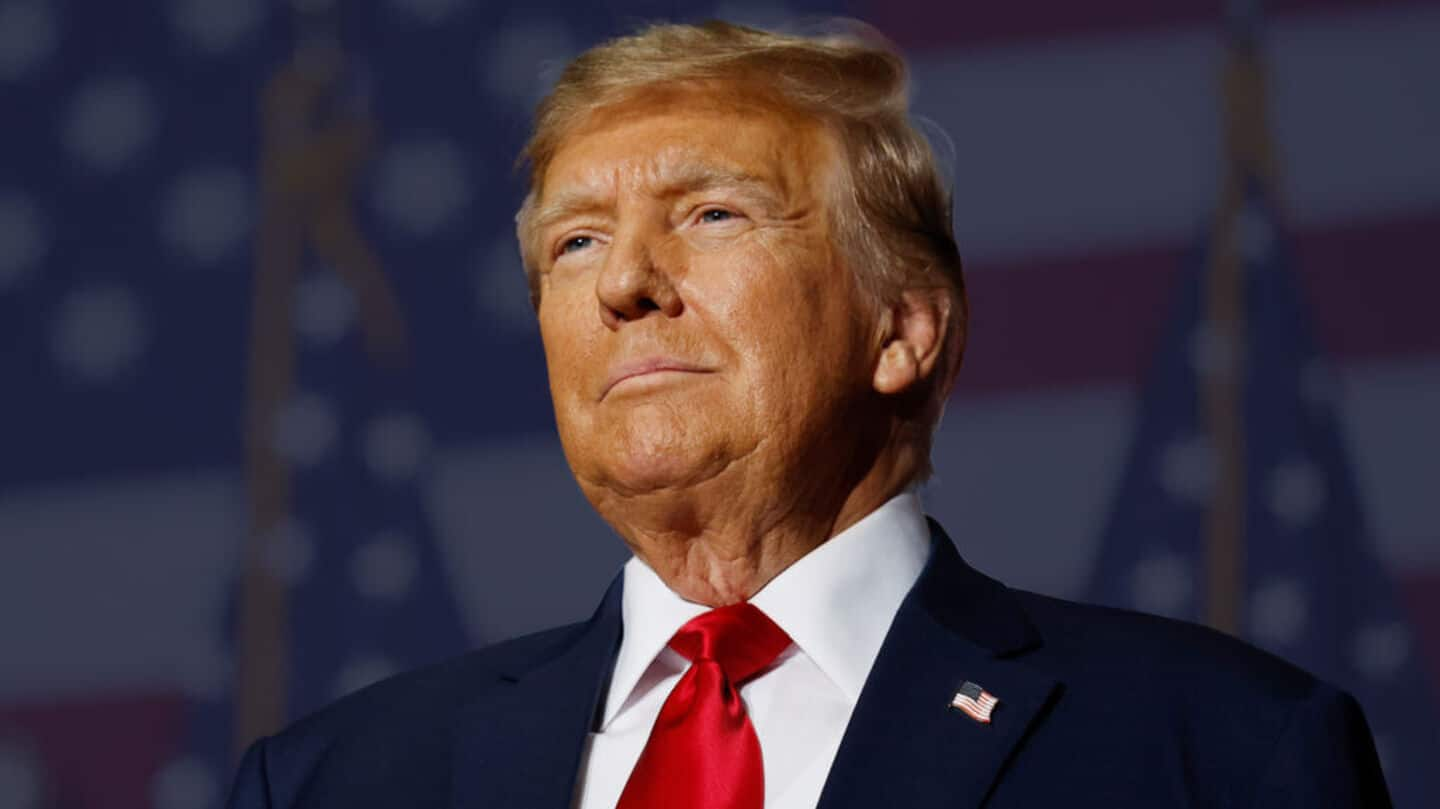
Trump vows substantial tariff hike on India over next 24hrs
What's the story
United States President Donald Trump has threatened to "very substantially" raise tariffs on Indian imports over the next 24 hours. In an interview with CNBC, he said, "India has not been a good trading partner, because they do a lot of business with us, but we don't do business with them. So we settled on 25% but I think I'm going to raise that...because they're buying Russian oil." The 25% tariff rate is set to be effective on August 7.
Details
Pharma tariffs can go as high as 250%
However, he did not specify on the revised tariff rate. "We'll be putting (an) initially small tariff on pharmaceuticals, but in one year, one-and-a-half years, maximum, it's going to go to 150 percent, and then it's going to go to 250 percent because we want pharmaceuticals made in our country," Trump said in the interview. Trump also stated that he would impose tariffs on semiconductors and processors in the "next week or so," without providing further details.
Trade dispute
Trump's criticism of India
The latest threat comes a day after he said that he would "substantially" raise tariffs on India and accused the South Asian country of buying oil from Russia and selling it for big profits in the open market. In a post on Truth Social, he said, "They don't care how many people in Ukraine are being killed by the Russian War Machine."
Diplomatic reply
India defends energy procurement strategy
In response to Trump's threats, India's Ministry of External Affairs (MEA) defended its energy procurement strategy. The MEA said India's decision to buy Russian crude oil was necessitated by the diversion of regular supplies during the crisis. It also pointed out that the US had previously endorsed India's imports for global energy market stability.
Trade hypocrisy
MEA accuses US and EU of double standards
The MEA also accused the US and European Union of double standards in their trade relations with Russia. It pointed out that these nations continue trade with Russia for non-essential items like fertilizers and machinery, unlike India's case which is driven by essential national requirements. The MEA statement said targeting India in this context "is unjustified and unreasonable."